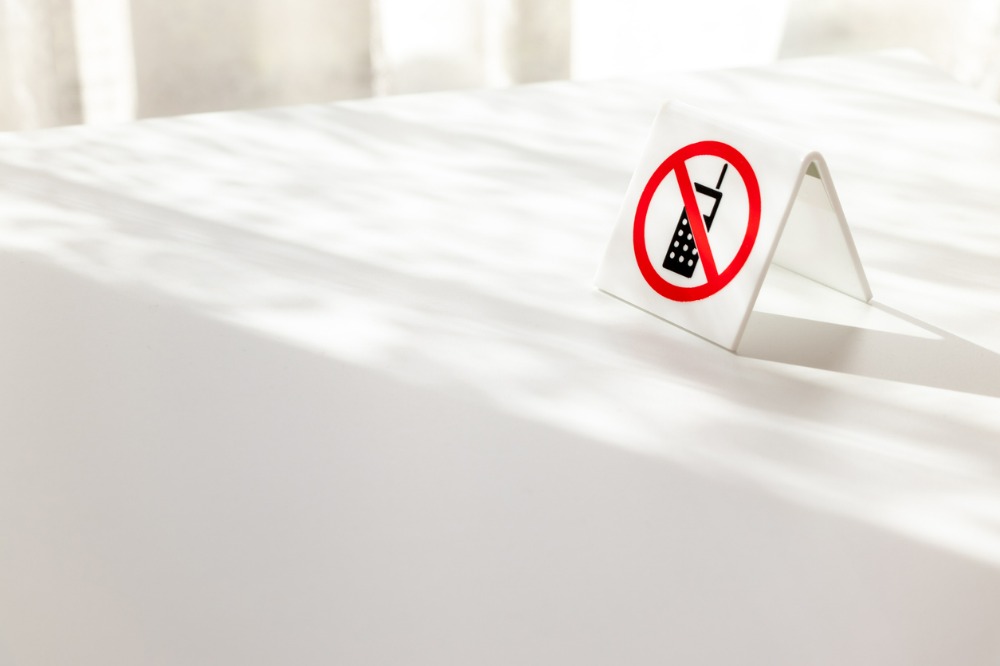
Earlier this week, the Federal Government announced that Australian kids will be blocked from social media until a certain age, prompting a mixed response from educators and academics.
The plan to enforce a minimum age for access to social media and other relevant digital platforms comes as studies show adolescents who spend more than three hours per day on social media face double the risk of experiencing poor mental health outcomes, including symptoms of depression and anxiety.
On Thursday, Jason Clare told Sarah Abo and Karl Stefanovic on Nine Today that the changes will improve children’s social and emotional health and learning.
“We're already seeing some of the impact that this could have in our schools,” Minister Clare said. “We banned mobile phones in schools this year and we're seeing the impact not just in the classroom, but in the playground now.”
Minister Clare said when children aren’t using their phones, they are more likely to be playing with their friends, adding that playgrounds will be “louder and friendlier”.
“Kids are being kids. But when school finishes, they get their phone back and they're back in that social media cesspit,” he said. “If we can get that out of their hands when they're home, they'll be a lot safer, and I think we'll probably be a better, friendlier country.”
School’s no phone policy proving a success
Loreto College Marryatville Principal Kylie McCullah supports the proposed age restrictions and believes that increasing the minimum age for social media access will help mitigate the growing concerns around anxiety, depression, and body image issues, particularly among young girls.
Since 2022, the College has successfully implemented a ‘No Phone Policy’, resulting in noticeable improvements in student focus and academic outcomes.
“New, stronger safety measures, such as more rigorous age verification processes and enhanced parental controls, must be exercised and implemented for real safety to be delivered,” McCullah said.
The school’s decision to actively engage and consult students during the development of its phone policy played a key role in its success. The feedback from students showed overwhelming support for upholding the ban, as many felt relieved from the social pressure of phone usage during school hours.
“The feedback from the girls was rather than changing our policy regarding being allowed to access their phones at school, the girls wanted us to uphold our policy of no phones at school,” McCullah said.
“Teenagers find themselves under a lot of social pressure when it comes to phone usage and by having a no phone rule, the girls found this much easier as they didn’t need to conform to peer pressure.”
A key component to the College’s integration of the ban was implicitly teaching students responsible phone usage. This important topic is a core focus of the school’s Social, Emotional and Academic Development (SEAD) Program where students not only reflect on positive phone usage but how to keep safe online and deconstruct the many images, they will see online so that they do not judge themselves against them causing further mental health issues surrounding body image.
Social media has an important role to play – just not in the classroom
McCullah believes the presence of mobile phones in the classroom can disrupt concentration and impede academic progress. She supports increasing the minimum age requirement for accessing these platforms.
“As mobile phones and social media continue to shape our current landscape, Loreto College remains committed to prioritising the wellbeing and academic development of its students,” McCullah said.
Despite this, McCullah says mobile phones and social media do have an important part to play in educational settings – just not in the classroom.
“Smartphones offer access to a wealth of educational resources, productivity apps, and interactive learning platforms,” she said.
“Students are not permitted access to their mobile phone during regular school hours, unless under the explicit supervision of their teacher for educational purposes.”


